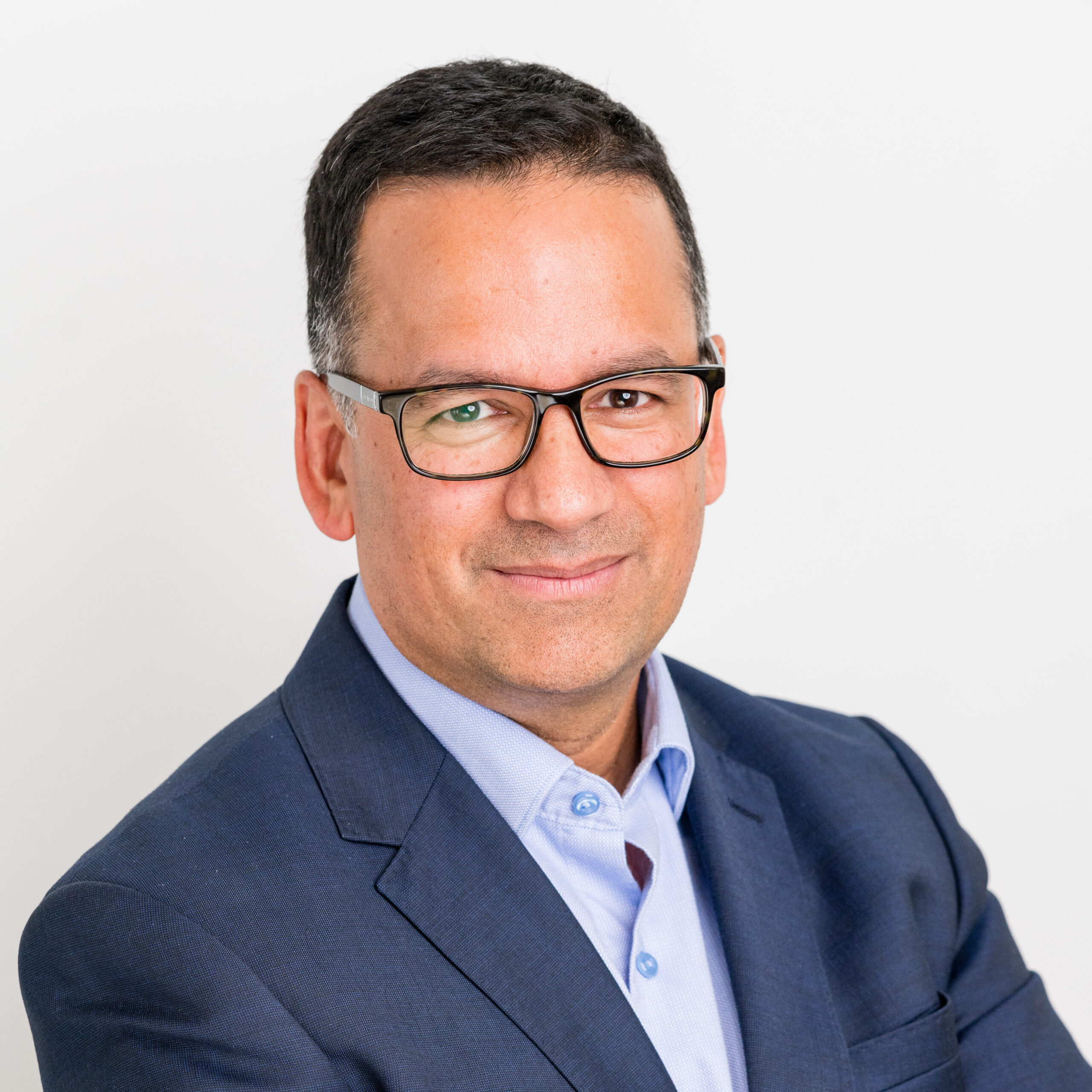A view on 2024 with the recipient of the inaugural AHRI Joe Fischer HR Leadership Scholarship Award
Inaugural recipient of the AHRI Joe Fischer Leadership Scholarship for Excellence in HR – Barbara Fidock – talks with Mehul Joshi about the importance of the award, the growing potential for HR Leadership to transform organisations in 2024, and the behaviours leaders and teams can adopt to cultivate a culture of high-trust in organisations.
For the full transcript of the interview, please read below.
MEHUL:
Well, Barbara, thank you for joining the conversation and congratulations on being the inaugural winner of the Australian HR Institute Joe Fischer Leadership Scholarship for Excellence in HR.
How does it feel?
BARBARA:
Yeah, thank you. It feels fantastic. It was an absolute pleasure and privilege to find out that I was the recipient of the award and getting to go Sydney, and meeting all of Joe Fischer’s business partners and family.
It really was a privilege and a very humbling experience, and I’m very proud to be able to claim the first recipient of the award.
MEHUL:
And part of your submission was this idea that you want to change how people think about HR leadership.
Tell me a bit more about that.
BARBARA:
Yeah – so I think, I mean, I’ve been in HR for over a decade now. So when I stumbled into HR, it was very much people – my peers at that time – were very similar in terms of how they found their way into HR. They were coming from many other areas of the business.
And I think we were very much seen as a support – an administrative function – and I think that’s slowly starting to change. I’d like to see that change continue.
I think we’re starting to be seen as strategic partners. I think the data driven insights that we’re able to bring to the table – that really do change the bottom dollar of the business – are starting to be appreciated.
I think there is a difference between having a seat at the table though and really being listened to and considered by other leaders at the table, and I think that’s an evolution that we’re seeing happen today.
MEHUL:
And part of that evolution is HR’s contribution to creating high trust and high transparency cultures. That’s what you call it.
What do you mean by that?
BARBARA:
So I think in terms of high trust and high transparency, my background has been in start-ups and scale-ups. So I’ve had the privilege of working with many founders and CEOs and what you see in those types of cultures is:
1) an interest and a belief that culture is extremely important to the success of the business, but also;
2) the founder mindset, and that’s around being agile and being aware and transparent with everything from not knowing all of the answers, but also to the financial situation of the business and the runway, and the revenue targets, and what our aspirations are over the next 12 to 18 months.
I think in terms of HR, we have the opportunity to encourage that type of culture. I think when we come in with high trust, it’s assuming the best of people and their performance and situations.
I think it’s humanising the employee and looking after their well-being, and coming at it with empathy and openness.
But I think if we really want our businesses to succeed over time and into the future, leaning into that agile change and future aspirations – that I think that we’re seeing is going to be really important.
MEHUL:
And this leaning – is it a mindset? Is it an attitude? Or is it actually what you do? Is it action?
BARBARA:
I think it’s all of those elements. I think action sometimes speaks louder than words. I think just saying that you have high trust or a highly transparent culture is really just hot air if you don’t actually put the actions behind that.
I think trust is one of those things as well where people come to the table with trust in different ways. So some come with a cup that’s empty and they want people to prove themselves for it to be filled.
Others come with a cup that’s already full, and that trust is already there, unless it’s diminished over time, and that’s when expectations haven’t been met and/or there haven’t been clear lines of communication around goals and performance.
So I think it’s important to – if you believe in that type of culture – yes, definitely verbalise it. But I think it’s the actions behind that really is the test.
MEHUL:
Because our experience is that, you know leaders that role model the behaviours they want to see in a culture, that is the biggest determinant of success.
Are there some examples that you’ve seen of leaders in your career that have really kind of “walked the talk”?
BARBARA:
Absolutely, I completely agree.
I love the phrase “your culture is only as good as the worst piece of behaviour that you allow.”
So I think leaders that I’ve seen that have been really successful, they’re open. They have a mindset of growth. They know that self-awareness is that they don’t have all of the answers.
I think they ask for feedback regularly, and I think there’s a difference between asking for it, and listening to it and actioning it. So that’s really important. Understanding that there are other experts in the room, and tapping into those resources for the greater good – that collective genius – is a really important leadership attribute.
I also love the work of Renee Brown and Simon Sinek – so that vulnerability and really humanising the employee and treating people as humans, and looking after their wellbeing and empathy. They’re such important qualities for leadership today. I think being agile and having that openness to change is really important if a business wants to continue to evolve.
And I think we’re seeing a little bit of that in the post-COVID space. We were leaning into things like remote work and work from home, and now we might be leaning a little bit out of that now – for one reason or another.
MEHUL:
One final question for you, and it’s a little self-referential because SMG, of course, is an executive coaching, leadership development, and mentoring business.
In terms of paying it forward, now that you’ve been recognised for your leadership attributes, what advice would you give to anyone who’s starting their career in this industry, or in your field? What would you say to them?
BARBARA:
I think developing and investing in your own self-development is so important. So I think having a mentor in your industry is very valuable for your personal growth. I’ve been lucky enough to participate in a number of different executive coaching relationships, and I’ve found them all very valuable. I think in terms of the resources that those types of relationships can give you, it’s extensive.
I needed to have a difficult conversation with an employee and my coach recommended the Crucial Conversations book by Kerry Patterson and co. Just having somebody that has those resources can really help with your own self-awareness, your leadership skills, your mindset, and your communication skills. I think that self-development is so important when we’re looking at not only our self-awareness as an individual, but our careers as well.
MEHUL:
Thank you so much Barbara for making the time, and congratulations once again for the award, clearly a well-deserved recipient of an excellent HR leader.
Thank you for you inspiring words and wishing you well for the rest of the year, and the rest of your career as well.
BARBARA:
Thank you so much, and thanks for having me.

Mehul Joshi is an award winning former BBC broadcast journalist, Senior Partner and Head of the Leadership Practice at SMG.








